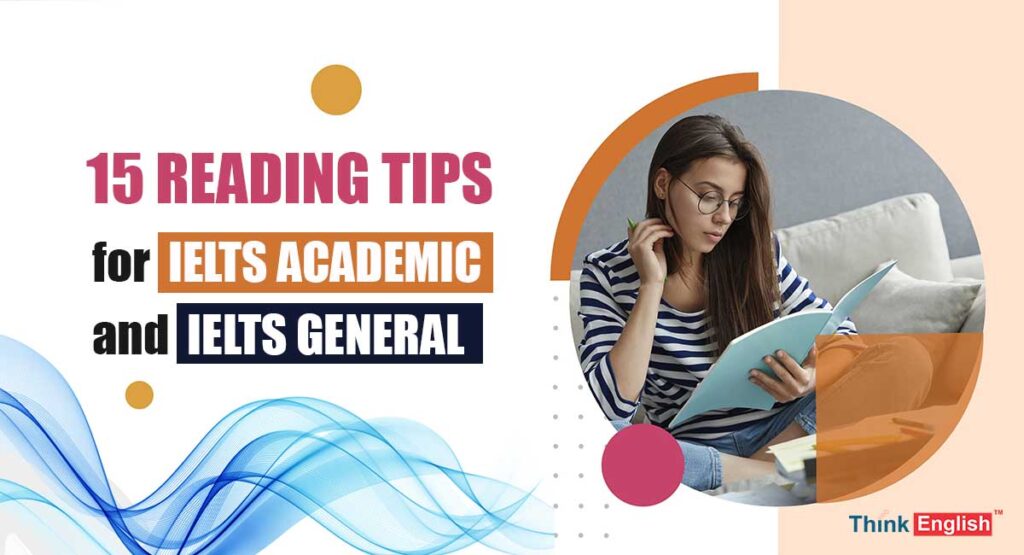Are you preparing for the IELTS Reading Test?
If so, then you probably know the importance of reading for success. Whether you are aiming for the IELTS Academic or the IELTS General exam, mastering the art of reading is essential for achieving a high score.

The IELTS Reading Exam is divided into the academic or general IELTS reading tests. Both tests require 60 minutes to complete and will test your reading skills. Each test has 40 questions that you need to answer in the allotted time.
The first step to success in the IELTS Reading test is to familiarize yourself with the types of questions that you will be asked. This will help you to identify the type of questions you are likely to encounter in the test and prepare for them in advance.

